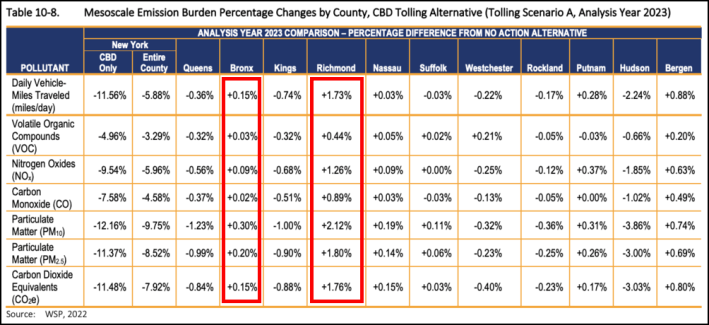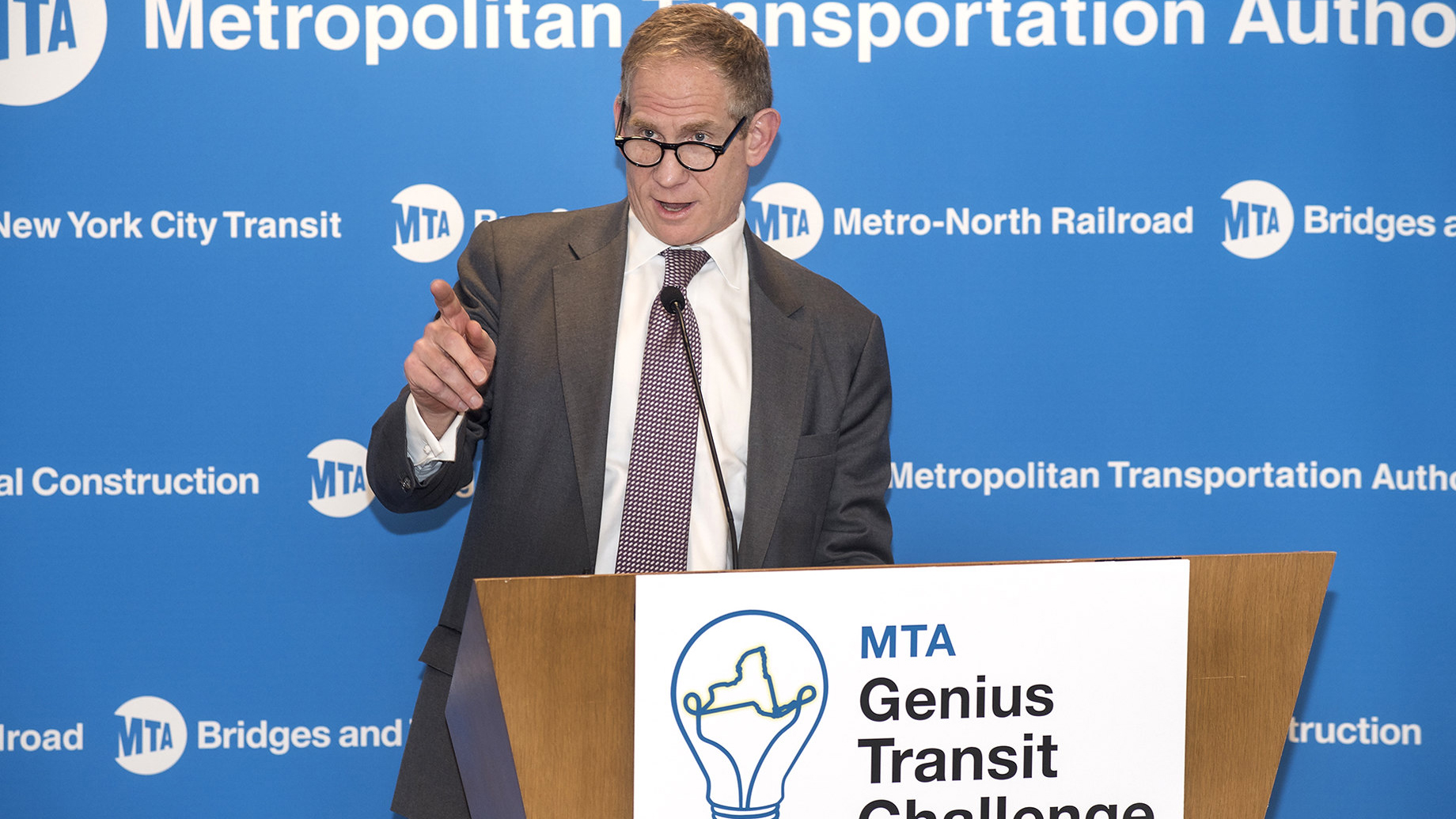The MTA's top official expressed confidence Monday that New York will defeat ongoing lawsuits to stop congestion pricing — including the latest litigation from the United Federation of Teachers and Staten Island Borough President Vito Fossella, who Lieber specifically called out for harming students who rely on public transit and face disproportionate risk from traffic crashes.
"[The UFT suit] is the same claim and substance that was made by the state of New Jersey — which is that even though we did a 4,000-page, four-year review of the traffic impacts and the climate impacts to the entire 28 county region — that nevertheless, we didn't do enough," MTA Chairman and CEO Janno Lieber said during an interview with WNYC host Brian Lehrer.
"The federal government already found that that we did do enough, and gave us the approval — but they're contesting that."
Lieber specifically took aim at the lawsuit just filed by the UFT and Fossella — arguing that UFT President Michael Mulgrew has teamed up with the Staten Island Borough President to punish students — who ride mass transit in huge numbers and are more likely to be victims of car crashes around schools on schools days — on behalf of a handful of drivers.
"Students don't drive to work, they take the bus, so less congestion is better for the students who are taking a bus to school in the central business district," Lieber explained.
"It's also better for students because when there are fewer cars and less congestion, they're less likely to be hit by a car, which is a huge problem in these highly congested neighborhoods."
The MTA is ready to activate the congestion tolls as soon as this coming May, — but could be delayed because of outside legal attempts to kill the program, Lieber said.
Each of the three suits filed so far against the MTA and Federal Highway Administration — from the UFT, the state of New Jersey and residents of Battery Park City — have argued that the multi-volume environmental review that predicted air quality and traffic impacts from the toll wasn't thorough enough. But none of the parties suing have suggested what they think a deeper look at the impacts of congestion pricing would reveal. As Streetsblog previously reported, legal experts think the MTA went above and beyond in its environmental analysis on the program's impacts.
The MTA has been upfront about the possibility of small, but measurable impacts to air quality in sections of the Bronx, Staten Island and New Jersey even as pollution decreases overall in the region. Transit officials committed to a number of mitigation efforts in areas where air quality or traffic might worsen.

The UFT suit seeks to delay congestion pricing explicitly for the benefit of teachers who live on Staten Island and commute to Manhattan. The legal filing makes the case that teachers can't be expected to take the train or the bus.
But Lieber — clearly a Streetsblog reader — pointed an Independent Budget Office study that showed under 200 teachers who lived on the Rock drive to any part of Manhattan for work, and that plenty of teachers take the train to lower Manhattan and all over New York.
"This was allegedly because there are teachers in Staten Island who work in lower Manhattan. When you run the numbers, only 150 teachers who live in Staten Island work in Manhattan all over," he explained.
"It's like two dozen people who we're talking about who are represented in this lawsuit by the UFT. Overwhelmingly teachers and students take mass transit."






